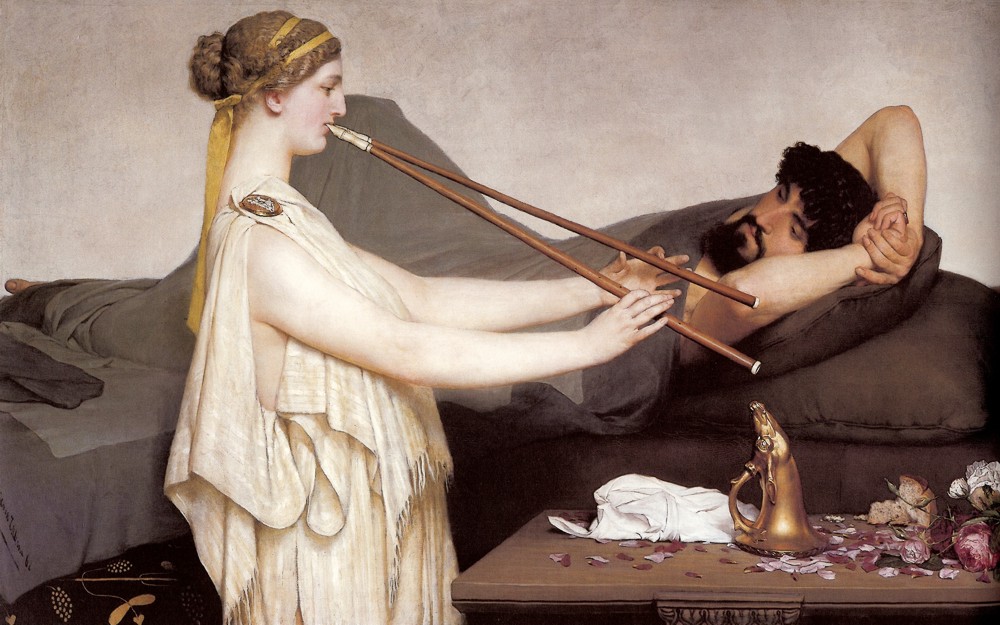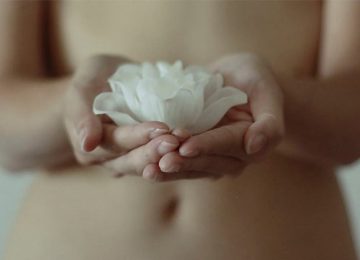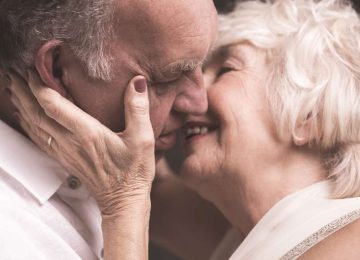Pleasure is usually related to sex; however, many other activities are associated with it, such as when we eat, but not only for its taste, but also for the sensations it produces, or when we buy clothes because they make us feel attractive and not only out of necessity.
Those behaviors that seek pleasure itself without other objectives are considered hedonistic and consist of the constant search for pleasure as the great purpose of life. Hedonism is a philosophy that has existed since Ancient Greece thanks to two prominent philosophers, Aristippus of Cyrene and Epicurus of Samos.
In the current context, these ideas are related to consumerism and the continuous exposure in social media, as well as other behaviors of everyday life.
Hedonistic people live by enjoying the pleasures of life and avoid anything that may cause them pain. Etymologically, hedonism comes from the Greek word “hedone” meaning pleasure, and the suffix “ismos” meaning doctrine.
This philosophy has two schools: the Cyrenaic and the Epicurean. The Cyrenaic school was created by Aristippus of Cyrene between the IV and III centuries B.C., who defended that there is no good superior to pleasure, emphasizing that of the body over mental pleasures.
On the other hand, the Epicurean school, led by Epicurus of Samos, establishes that the ultimate goal of every human being should be to achieve happiness. This school associates pleasure with peace and calm, and explains that, in order to achieve it, it’s necessary to reduce desire and try not to obtain pleasure immediately.
The Epicurean school was born to perfect hedonism. The aim of the Epicureans is to achieve the omission of pain; people renounce everything that causes them pain and suffering.
A leading philosopher of modern hedonism is Michael Onfray, who bets on “being” instead of “having” and assures: “Vulgar hedonism is that which constantly praises and boasts of its properties and riches. A true hedonist is the one who fully enjoys his existence on earth and dedicates himself to smell better, taste better, listen better, not be angry with the body and considers passions and drives as friends, and not adversaries”.
Another advocate of this theory is the writer Valérie Tasso, who in her book ‘Anti-manual of sex’, includes this philosophy of life when talking about human sexuality: “Our existence should be taken as the pursuit of pleasure and that our body is the perfect ally for it, time is much more important than money”.
The hedonistic life stands out for the determination and willingness to indulge in pleasures, to save time for activities that produce pleasure and for the intention to enjoy emotions without rationalizing them.
Epicurus’ thought, nowadays, has been taken up with great force, due to the fact that he considers that pleasure and pain are the measures of good and bad, respectively, which has been interpreted as an unbridled hedonism, despite the fact that the same philosopher highlighted that “the pleasurable life is not produced by a series of episodes of drinking and revelry, nor by the enjoyment of women, nor by an expensive menu, but by a sober reasoning”.
Psychologists warn that not always what is pleasurable should be pursued and not everything that is painful should be avoided. It is possible to reach this conclusion with a hedonistic calculus to determine which things are most likely to result, over time, in the most pleasure and the least pain.
It is not always the case that hedonistic behaviors involve irresponsible or selfish behaviors. There are several kinds such as:
– Normative hedonism: the idea that pleasure should be the primary motivation in life.
– Selfish hedonism: which stresses the need for people to consider only their own pleasure when making different decisions.
– Altruistic hedonism: this points to the creation of pleasure for several people as a way of determining whether an action is ethical or not.
Hedonism is characterized by having as its main objective the pursuit and satisfaction of pleasure, creating a plan to fulfill one’s desires and needs, constantly experiencing positive emotions with a high charge of intensity and focusing on the present or the short-term future.
Nowadays, hedonists have taken the philosophy of the old schools and related it to mental, bodily and sensory pleasure. So, you could be leading a hedonistic lifestyle without knowing it; you live according to your pleasures.
Psychologist Diana Gaerste tells us about some daily habits that bring us closer to a hedonistic lifestyle:
– The cellphone is a clear example of how people evade reality for a moment of apparent satisfaction that, in the long run, can cause depression.
– The decrease of negative emotions: by repressing them, they increase, and at some point, they surface to face reality.
– The search for professional success is related to happiness, when the approval of others is really sought.
– The practice of extreme sports is used to experience emotions that generate pleasure and adrenaline or when you exercise to have a good body and not for your health.
Masturbation as a substitute for a negative event is, in itself, an act of self-love, because it releases many hormones such as dopamine, oxytocin, serotonin and others. It begins to be negative when it is used as a substitute to diminish an event that seems burdensome or painful.
The psychologist Flavio Calvo affirms that it’s in times of crisis when moments of short-term happiness are sought: “Hedonism is a concept that is related to enjoyment, to immediate pleasure, to the search for a perceptible, palpable happiness, the one that is given at this moment. It is linked to the joy felt when performing activities that are appreciated as gratification.”
According to the psychologist, the dilemma is that this quick joy comes and goes, and when facing reality again, they understand that they are moving away from a lasting pleasure by pursuing this momentary pleasure.
Calvo affirms that if what is sought is a more genuine happiness, eudaimonia should be considered, but we will talk about that in a future column.
What is true is that to be happy, we must also accept our dark side and, what is better, know it. Only in this way will we be able to develop our best weapons in times of crisis, instead of running away from what this represents.
Traducción del español: Catalina Oviedo Brugés
















